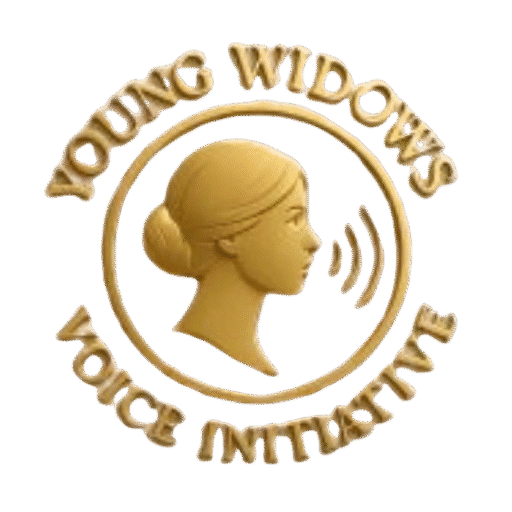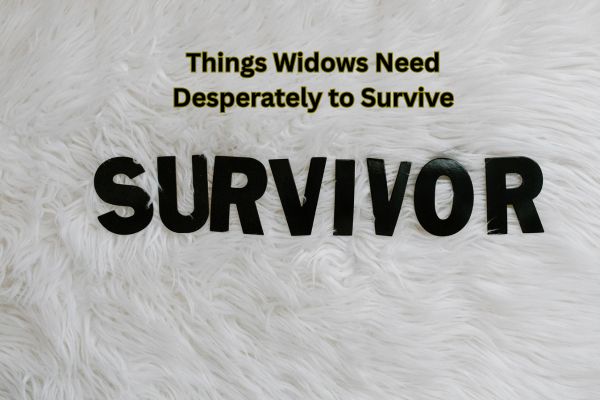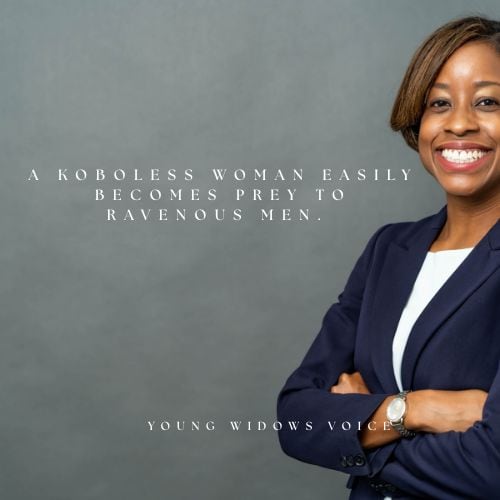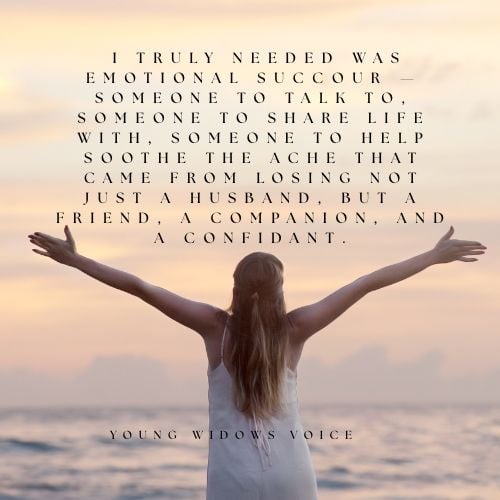The 3 things widows need are often misunderstood, oversimplified, or generalized in ways that fail to reflect the complexity of her reality. Widowhood is not a uniform experience; what one woman requires in the early months or even years after her loss can be vastly different from what another may need. The emotional, social, spiritual, and financial circumstances surrounding each widow’s journey shape her priorities in deeply personal ways.
Therefore, it is neither accurate nor truthful to claim that every widow needs the same set of things at the same time. Yet, through lived experiences, shared stories, and the common threads of grief, certain needs consistently emerge as foundational. These needs go beyond survival; they speak to restoration, dignity, and the rebuilding of a meaningful life after profound loss.
This article explores the essential things widows often require, not as a rigid list, but as a reflection of real experiences beginning with my own journey through widowhood. If your experiences differ, they are valid. Widowhood has no universal roadmap, but together, we can illuminate what truly matters.
3 Things Widows Need
The truth is this: the three most important things a widow needs often depend on when and how she was widowed. Every widow’s journey is different. Every story carries its own weight, its own wounds, and its own rhythm of healing.
So if I claim to list the “most important” needs of every widow, I would not be honest. What I can share are the needs shaped by my own experience, my own heartbreak, and the lessons I gathered along the path no one prepares you for.
These insights may not speak for every widow, but they speak from a real place — a place of lived pain, strength, and rediscovery. And perhaps, in reading them, another widow will feel seen, understood, and less alone.
1. I Needed Financial Independence — My Escape From Vulnerability
The first thing i desperately needed as a widow was financial independence. When my in-laws took everything my husband and I had worked for — every property, every belonging, every asset — I was left with absolutely nothing. No savings. No support. No foundation to start life again as a young mother with two small children.
Caring for my kids became one of the hardest battles of my life. Every need — school fees, food, clothes, medical bills — fell entirely on my shoulders. And shoulders already weighed down by grief were now carrying the crushing burden of survival.
In those moments of lack, something dangerous happened: money became a magnet — and so did the men who sensed my vulnerability.
The tiniest promise of financial help caught my attention because I was drowning. And some men used that against me. They dangled fake promises, offering assistance with one hand while pulling me deeper into emotional and moral traps with the other.
That’s when I learned the painful truth: a koboless woman easily becomes prey to ravenous men. Not because she is weak, but because hunger, lack, and desperation push her into places she never planned to go.
Financial freedom became more than a desire — it became my only way out of that darkness. The only key to closing the doors of exploitation. The only shield against manipulation. The only path to restoring my dignity and protecting my children.
I knew that until I stood on my own financially, I would always be vulnerable. And so, independence became my fight, my prayer, and my turning point.
2. I Needed Peace — The Kind That Surpasses All Understanding
The second most important thing I needed as a widow was peace — the kind that supersedes chaos, noise, and human cruelty. My life had become a battlefield. The chaos I faced in those early days was unbearable.
I was accused of killing my own husband. My in-laws seized every property that could have helped me rebuild my life as a young widow and mother. I returned to my mother’s house, only to face another storm — a brother who made my stay feel like walking on thorns.
There was no peace, not from those who should have comforted me, not from the home that should have been a refuge. Everywhere I turned, there was tension, suspicion, conflict, and emotional bruising. I was grieving, yet fighting battles I never started.
So anything that even resembled trouble, I avoided. I ran from arguments, confrontations, and drama because I had already swallowed enough bitterness to last a lifetime. Peace became my most precious desire — something I craved like air.
But it kept slipping away.
The journey of my struggle with peace, the betrayals, the accusations, the emotional storms — all of it is deeper than what I can fully share here. That part of my story will be told in detail in my soon-to-be-launched book, where I will finally open the chapters of pain that shaped me and the grace that carried me.
For now, what I can say is this: After everything was taken from me, peace became the one thing I valued above all else.
Here is a polished, powerful, and deeply honest version of your third point — written to protect your dignity while conveying the full truth:
3. I Needed Succour — Emotional and Physical
The third thing I needed as a widow was succour. I needed someone — or something — to fill the enormous void my husband left behind. The loneliness was overwhelming.
I am naturally a talkative, and my husband was my gist partner. We talked about everything. We laughed, argued, joked, and shared the tiny details of life that only two people deeply connected can understand. When he died, that silence became too loud. The emptiness was too much to bear.
And then came the part most people don’t talk about: the rising sexual urge, the longing for touch, warmth, and closeness. Some might judge it or say it came “too soon,” but I now understand that what I was experiencing had a name — widow’s fire.
It wasn’t immorality. It wasn’t desperation. It was the body’s natural response to sudden absence and emotional shock.
My children, just two and four years old at the time, didn’t understand anything. They couldn’t listen to my fears or fill the silence with conversation. They couldn’t be my gist partners. They were grieving in their own innocent way, and I couldn’t place my adult loneliness on their tiny shoulders.
So yes, the first thing I truly needed was emotional succour — someone to talk to, someone to share life with, someone to help soothe the ache that came from losing not just a husband, but a friend, a companion, and a confidant.
What Should a Widow Do in the First Year?
The first year of widowhood is often the hardest — emotionally, mentally, financially, and spiritually. Here are the most important things a widow should focus on during that difficult season:
1. Give Yourself Permission to Grieve
There is no “strong woman” pressure here. Cry. Rest. Mourn. Feel. Your heart needs space to process what your life has just lost.
2. Stabilize Your Environment
Surround yourself with people who are safe, comforting, and trustworthy. Avoid toxic people, gossip, and pressure.
3. Pause Major Decisions
If possible, don’t rush into selling property, relocating, or making long-term commitments. Grief clouds judgment.
4. Organize Finances Carefully
Gather important documents, bank details, IDs, insurance, and legal information. Seek advice from professionals or trusted individuals — not opportunists.
5. Build a Support Circle
You need friends, family, a church community, or a support group that understands loss. Isolation makes grief heavier.
6. Create a Routine
Simple routines — waking up, bathing, eating, walking — help bring back stability.
7. Care for Your Health
Grief affects the body: appetite changes, exhaustion, anxiety, and sleeplessness are common. Tune in to your physical and emotional needs.
What Is the First Thing a Widow Should Do?
The first immediate step after becoming a widow is:
Secure Support — Emotional, Practical, and Legal.
Before anything else, a widow needs:
- Someone trustworthy to stand with her
- Someone to help manage urgent decisions
- Someone to shield her from in-law pressure, confusion, or emotional manipulation
You need a calm, reliable person beside you — because the first few days and weeks are a blur. After that immediate support, the next step is:
Take Stock of Your Life:
- Children
- Finances
- Housing
- Safety
- Legal documents
- Immediate needs
Widowhood throws life into chaos. The first thing is stability, not perfection.
3. How to Heal as a Widow
Healing is not linear, but these steps help the heart and life gradually rebuild:
1. Allow Yourself to Feel Everything
Suppressing grief delays healing. Talk, write, cry, pray — express what your heart carries.
2. Seek Professional or Spiritual Support
Therapists, counselors, pastors, and support groups can help you understand your emotions and rebuild identity.
3. Reconnect With Yourself
You are more than a wife. Discover your identity, dreams, strengths, and needs again.
4. Protect Your Peace
Avoid people or environments that drain you, blame you, or suffocate you with expectations.
5. Build Financial Stability
Money brings freedom, confidence, and protection from exploitation. It is a critical part of emotional healing.
6. Create New Routines and Traditions
Small, consistent activities (walking, journaling, worship, hobbies) slowly bring light back into life.
7. Give Yourself Permission to Live Again
Healing does not mean forgetting. Smiling again is not betrayal. Loving again is not disrespect. Rebuilding is survival.
Conclusion
Every widow’s journey is unique, shaped by personal battles, private wounds, and the level at which life suddenly shifted. What I shared here is my own truth — my emotional need for succour, my desperate longing for peace, and my fight for financial independence. These were my anchors in a season that tried to swallow me whole.
Your story may be different, or it may echo mine in unexpected ways. But one thing is certain: widows deserve compassion, not judgment… support, not silence… understanding, not assumptions.
Now I’d love to hear from you:
As a widow, what are the three most important things you needed — or still need — on this journey? Share them in the comments. Your voice might be the lifeline another woman is praying for.








